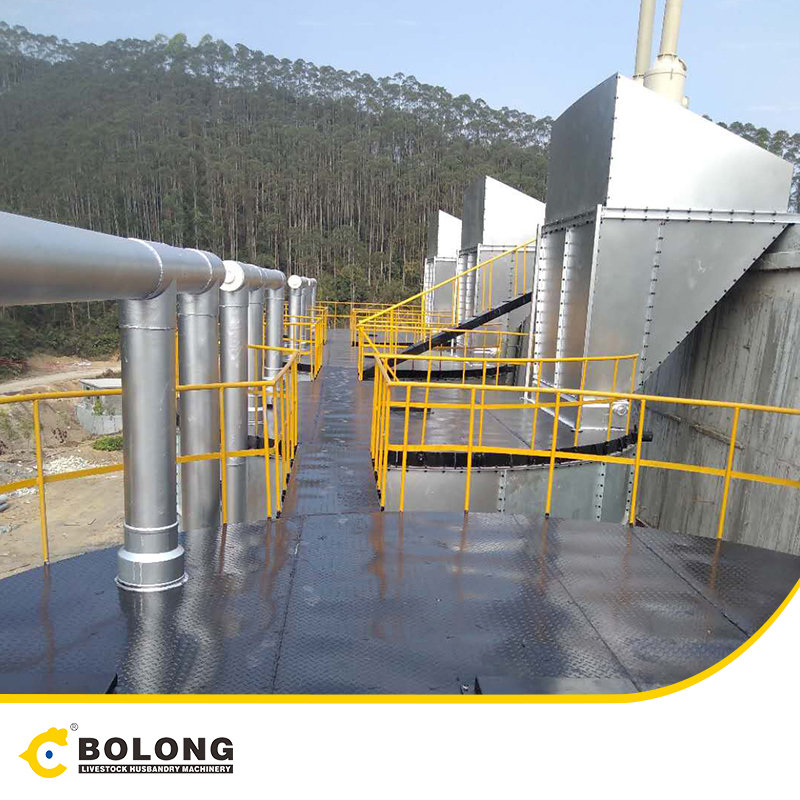
Sep 17, 2021 · Horticultural crops produce huge amounts of wastes due to the large difference between total and marketable yields, and plant residues. The biological stabilization and sanitization of these organic materials directly on-farm through a simple technique such as composting may be a feasible and sustainable management strategy. The objectives of this research were to (i) estimate the
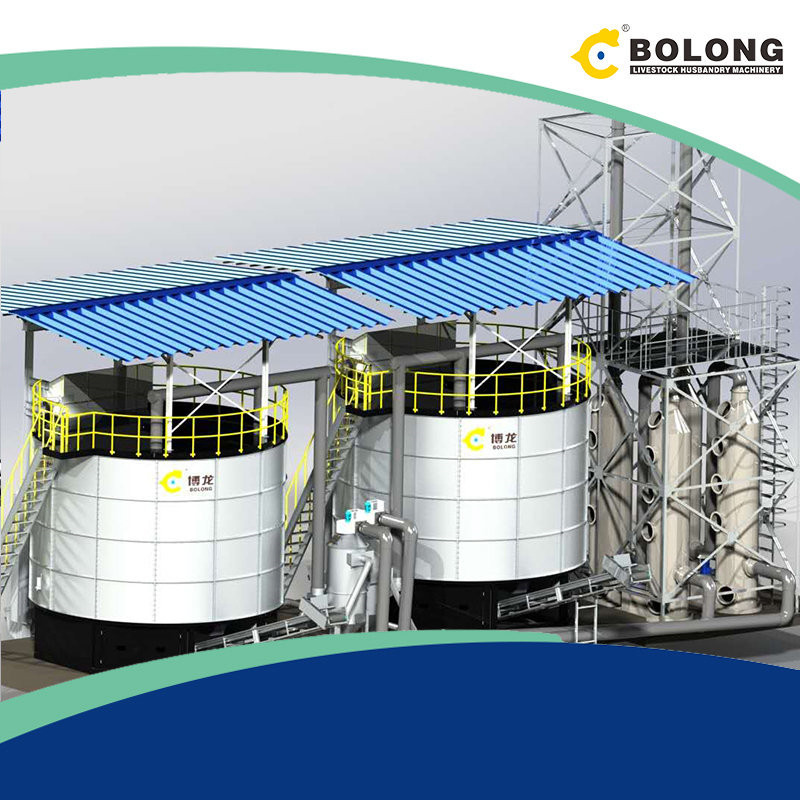
Oct 31, 2023 · The success stories of composting facilities using these systems, such as reducing a facilities footprint from 50-acres to 3-acres with Maryland Environmental Systems, using Sustainable Generation and GORE® Cover, demonstrate that it is possible to process substantial quantities of organic waste in a space-efficient and eco-friendly manner.
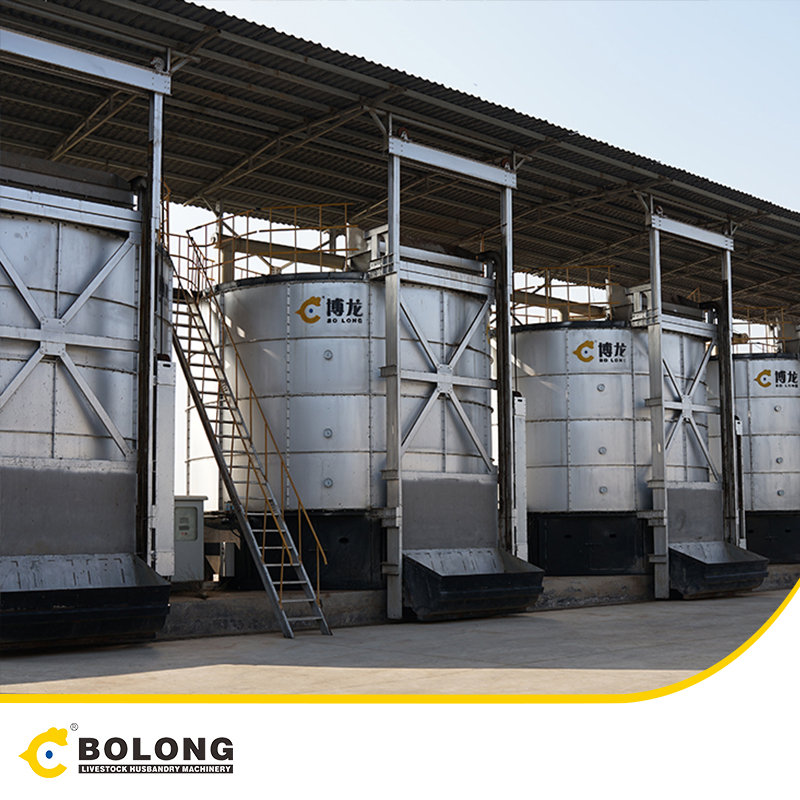
Mar 1, 2023 · Composting is the most adaptable and fruitful method for managing biodegradable solid wastes; it is a crucial agricultural practice that contributes to recycling farm and agricultural wastes. Composting is profitable for various plant, animal, and synthetic wastes, from residential bins to large corporations. Composting and agricultural waste management (AWM) practices flourish in developing

Feb 1, 2022 · However, the impact of the composting facility and energy input on eco-efficiency is limited. In this study, a LCA approach was conducted to investigate the eco-efficiency of four widely applied composting strategies: static heaps (SH), windrow composting (WC), membrane-covered composting (MC) and reactor composting (RC).
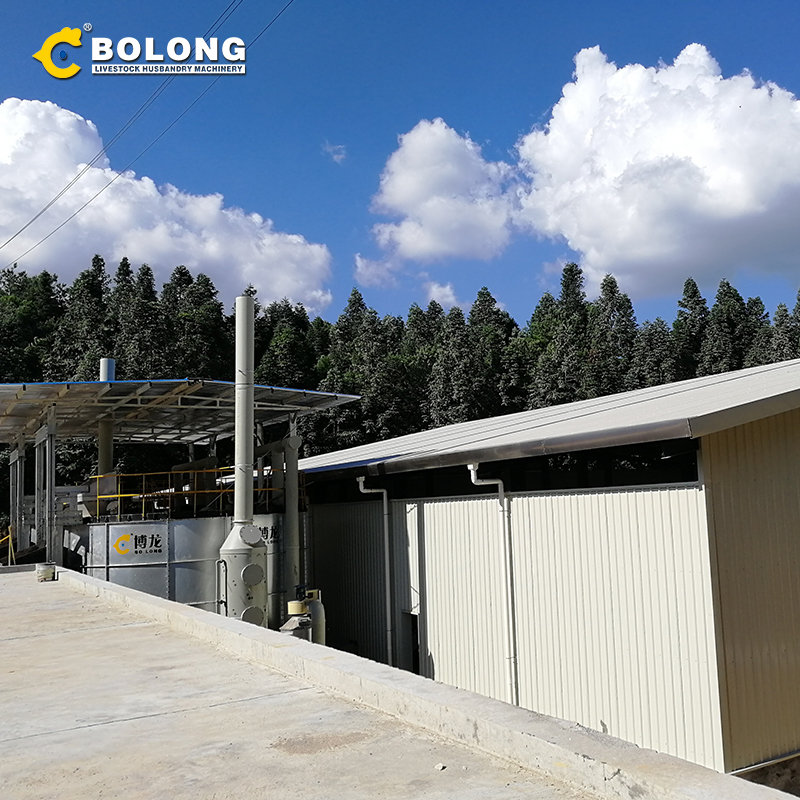
Jun 4, 2022 · For pyrolyzing and composting orchard prunings, total energy efficiency on output products is lower than input feedstock. In general, models (III), (VI), (VII), and (VIII) offer higher energy efficiency than the rest models. Based on the carbon content in biomass, all the biomass give about 0.1 kg CO 2 per one megajoule (MJ) of their energy. In
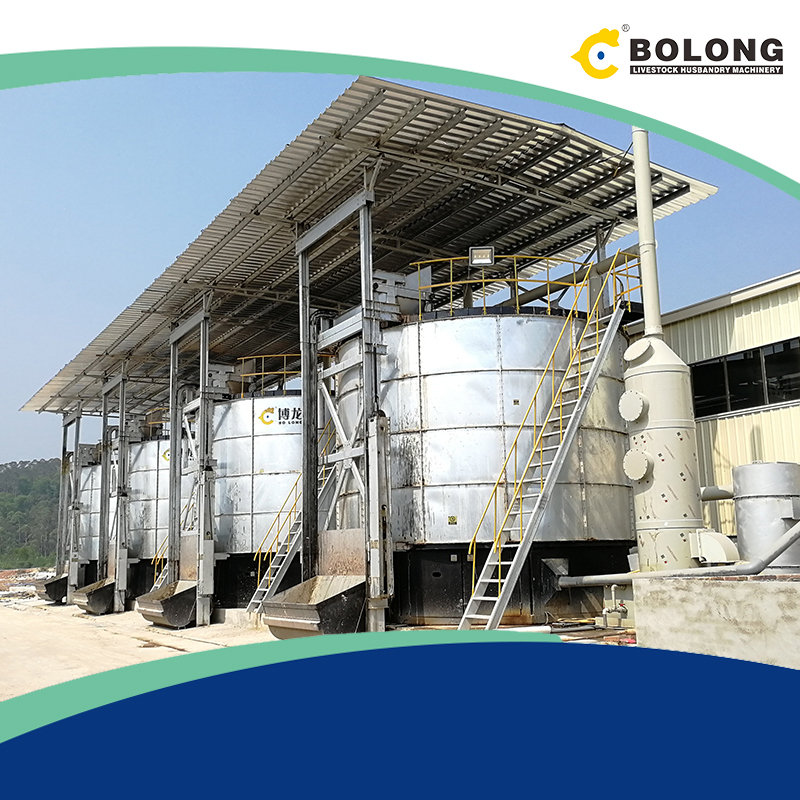
Jan 20, 2018 · Results on life cycle impacts per ton of compost produced according to the different composting scenarios are shown in Table 3, which reports that the production of 1 ton of on farm compost consumed from 0.12 to 0.31 kg of natural resources (including energy resources), such as iron ore and crude oil given in kg of antimony equivalent (Sb eq
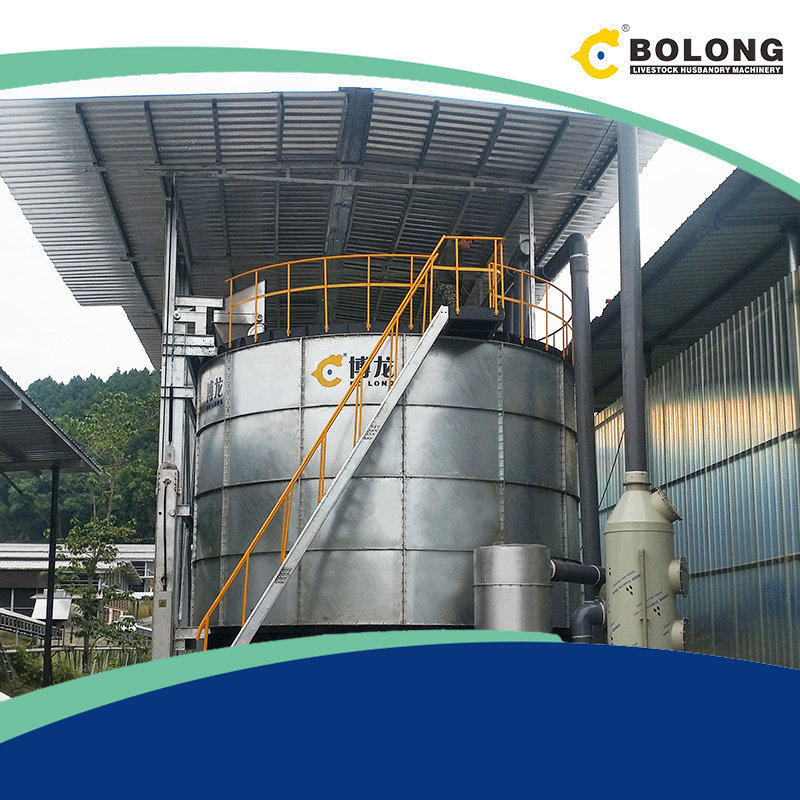
Nov 11, 2023 · The concept of recycling organic matter and waste nutrients back to agricultural land through the process of composting adheres to the basic principle of the circular economy. The studies on composting systems have laid a solid foundation for biodegradable solid waste management, and there are still significant gaps that require attention in future research. Addressing these gaps will lead to